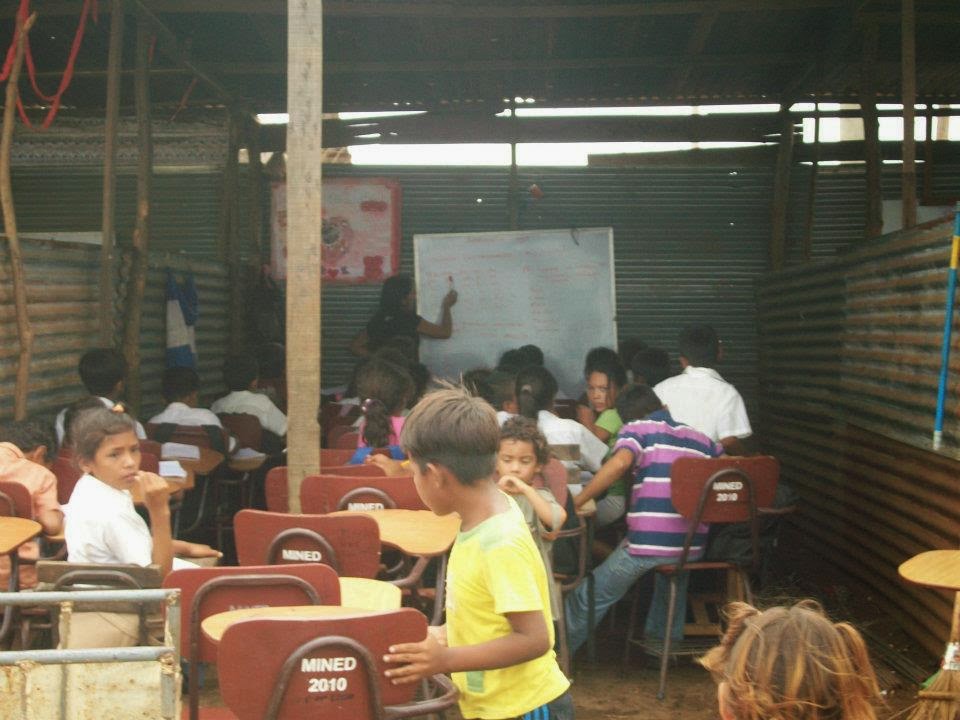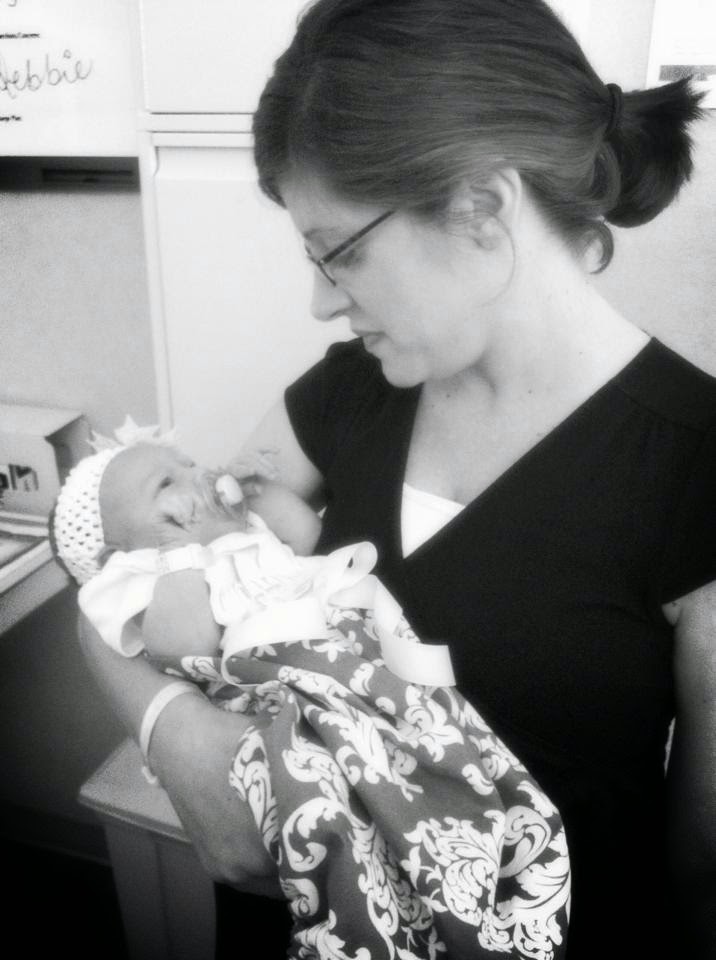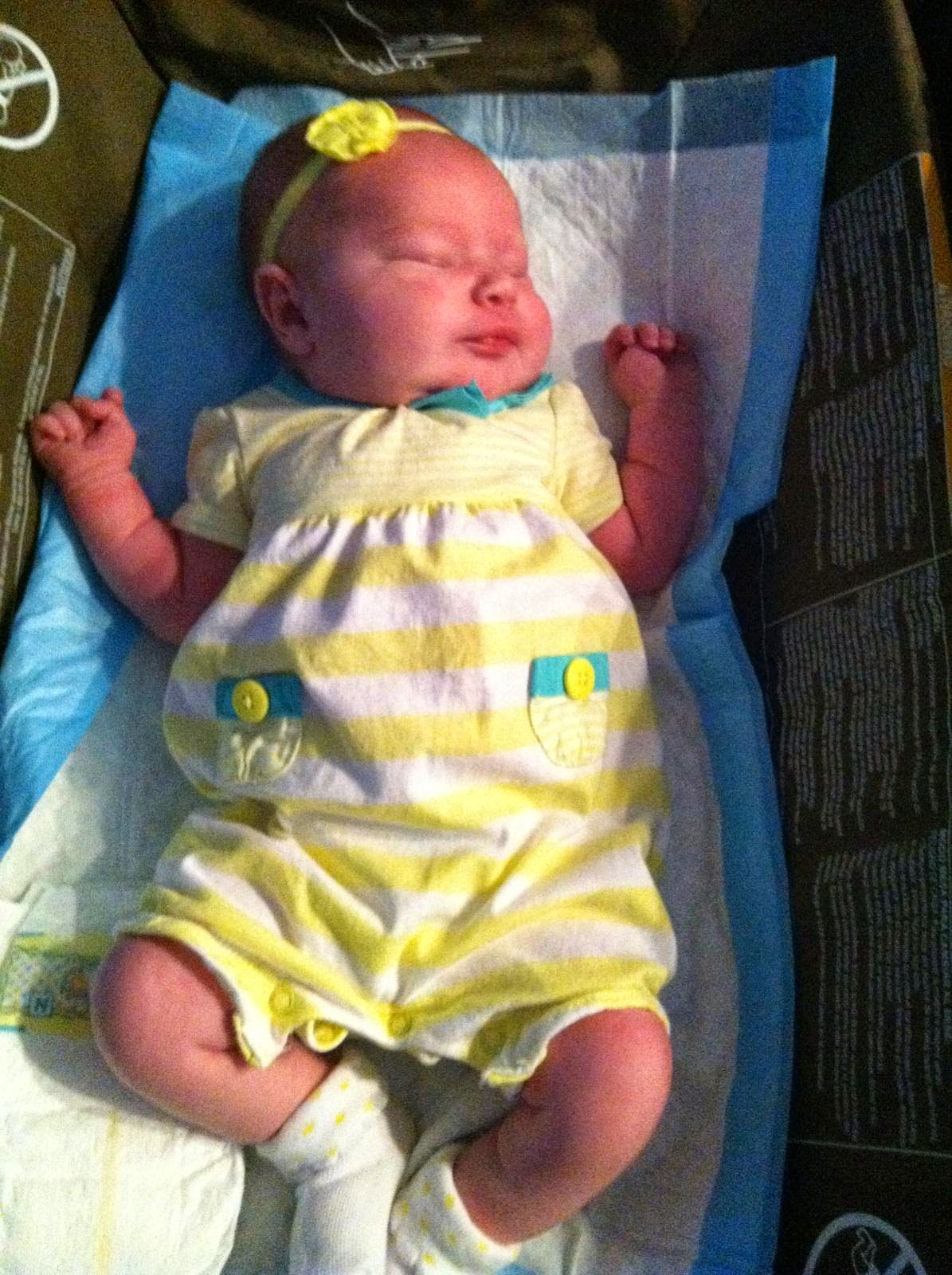Each day as I drive down a certain highway in my hometown, I see a sign advertising in bold black letters, “Girls! Girls! Girls!” As I watched a pseudo-news program on television last night, it featured ‘the sexiest Halloween costumes for women’ and showed a video-gone-viral of a young woman receiving over 100 catcalls just walking down the street. When I opened up CNN’s website just now, the featured headline read, “Women Sold, Raped, Enslaved by ISIS.”
No matter where I look, it looks really bad to be a female.
Maybe it’s because I’m the mother of a little girl who is rapidly growing older, or maybe it’s just because I am growing older myself, but day by day I am increasingly saddened at just what it means to be a female in 2014. Sure, we have the right to vote, and yes, the glass ceiling has begun to crack and shatter, but in many ways it still dangerous and/or a liability to be a female.
Every day at the high school where I teach, I see young ladies violating the dress code and displaying their bodies in a way that makes me cringe. Their tops are low-cut, their shorts are unbelievably short, and their skinny jeans are impossibly skinny. Those 15 year old girls probably don’t understand, but the way they display their bodies says a lot about the way they feel. And the feeling that most of them seem to feel is this: “I am my appearance. My self is my looks.” Maybe, for some of them, they just dress like their friends, but maybe, just maybe, they have learned that even in 2014, in much of the world, a young lady is the sum of her parts. And those parts need to be shown.

I am not – hear me, please – blaming these girls. I am blaming us – our society. We collectively have allowed females to be ‘less-than.’ We have reduced them to parts and demanded that those parts appear a certain way. We have caused a girl’s worth to be dependent on so many things other than who she really is – the person inside with a heart and intelligence.
I have realized that in many ways, and in many places, girls are a commodity. They are still treated as though they are inferior to males, and they still are fighting for equality. I know that I, personally, have felt this way. I have felt ‘less-than’ simply because I am a female, and I have been told that I cannot do what males can do – even though I am more qualified and would likely do quite well.
When will this end, and how? I wish I knew. The scary thing is I’m not convinced that it will. Seeing females merely as sex objects and pawns in a man’s world has become so ingrained in our culture that a perspective shift will not come easily. Especially as long as we females who know better don’t do better. If we continue to allow ourselves to be demeaned and discriminated against, nothing will change. If we don’t fight for ourselves – and our daughters – no one will.
I want to be able to tell my little girl that she can do anything – and mean it. I don’t want there to be businesses in my hometown where men can pay – in any capacity – for women and their services. I don’t want her gender to essentially be a disability that prevents her from achieving her dreams. I want her to see a world that so far hasn’t existed: a world where being a female is more positive than negative.
Image courtesy of http://www.lettherebeneon.com/?page_id=892














